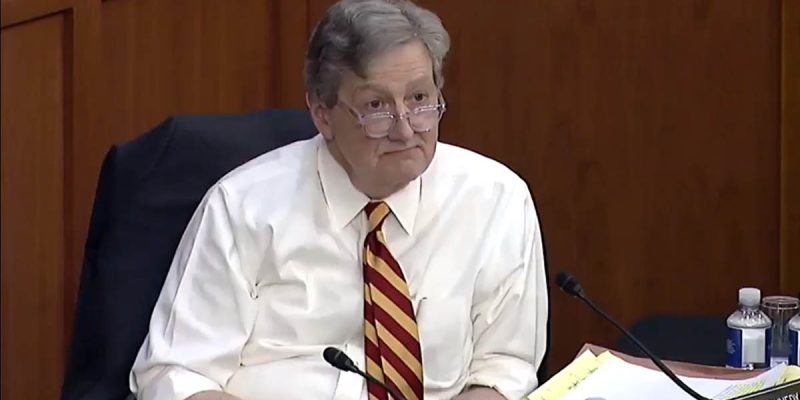Just a few years ago, a study found that 36 million Americans failed to refill their prescriptions because the cost was too much. That means a population the size of Louisiana, Texas and Arkansas combined is skipping medicine that controls diabetes, lowers cholesterol and battles depression.
Across America, the contents of our medicine cabinets now rival expensive jewelry in price. The cost of insulin doubled in the U.S. between 2012 and 2016. Nexium, which treats acid reflux, will set you back more than $7 per pill.
What’s really frustrating is that the spiraling cost of prescription drugs is limited to the U.S. That exact same Nexium pill only costs three bucks in Canada.
Somehow, we’ve turned medication that is as necessary as air and water into a luxury item in America. Drugs that prolong the lives of everyone from infants to senior citizens are increasingly becoming unaffordable. People are shaking their heads at the pharmacy counter and walking away without their prescriptions.
Simply living in the U.S. means you pay more for pharmaceutical drugs. Move to Switzerland, Japan, Germany, Canada, Ireland, Belgium or any other similarly blessed country in this world, and you’ll pay less at the pharmacy. Consider this: In America, per capita spending on pharmaceutical drugs is $1,162; in Denmark, it’s $282.
There are many reasons why Americans pay more for prescription drugs than residents of other countries. Through legislation, I’m tackling two of those reasons: the middleman and the abuse of our patent system.
To help senior citizens, I’ve filed the Phair Pricing Act of 2019 to reduce patients’ costs at the point of sale. Here’s how it will work.
Negotiations with drug manufacturers on prices that health plans pay are conducted by what are known as pharmacy benefit managers. It used to be that these companies just processed claims. Now they’re deciding which drugs your health plan will cover and the price you and your health plan will pay.
On the surface, it sounds like a great idea to have someone haggling with drug companies on costs. But pharmacy benefit managers have consolidated over the years, making them an elite club that operates in shadows.
Advertisement
What we suspect is that pharmacy benefit managers are making out like bandits through dubious business practices. For example, pharmacy benefits managers negotiate discounts with drug manufacturers and then some pocket the money. The result is higher costs at the pharmacy counter for patients while the pharmacy benefit manager makes a hefty profit.
The Phair Pricing Act of 2019 makes it clear that savings achieved through price negotiations must benefit the patient – not the middleman.
I am also cosponsoring the Affordable Prescriptions for Patients Act. This legislation will eliminate the games the pharmaceutical drug industry plays with the patent system to block competitors. Competition lowers prices.
Some companies blanket their products with multiple patents to discourage cheaper alternatives from developing. Most often, this happens with especially expensive drugs. It’s one thing to protect a newly developed drug. It’s another thing to game the system and gouge patients by repeatedly reissuing patents on an old drug.
For example, if a patent is expiring, a drug company might slightly change the dosage instructions in order to qualify for another patent. This creates a loophole in the patent expiration system.
The Affordable Prescriptions for Patients Act puts patients first by limiting unfair tactics like this.
Prescription drugs help us live longer. They improve our quality of life. I’m not anti-drug companies; I congratulate them on their success and thank them for their products. But their products only help us if we can afford them.
Advertisement
Advertisement

